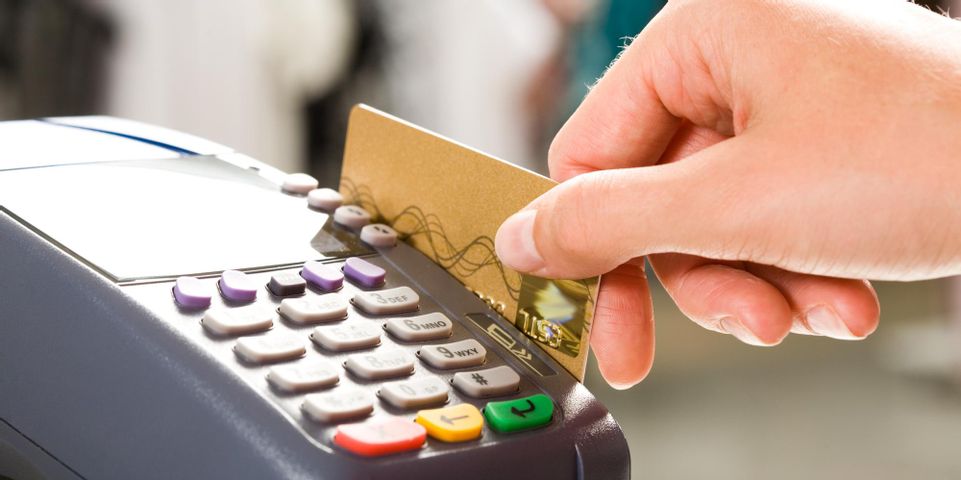How Can I Repair My Credit After Declaring Bankruptcy?

If you’re facing more debt than you can reasonably pay off, declaring bankruptcy could be the answer. To finance future purchases, though, you will have to repair your credit first. Fortunately, debtors can take steps to improve their creditworthiness as soon as they file. Here are a few of the most effective ways to rebuild credit after discharging debt.
3 Tips for Repairing Your Credit Following Bankruptcy
1. Open a Secured Credit Card
Even those who have poor credit can usually obtain a secured card because it requires a cash deposit. In other words, there is zero risk for the lender. Opening a secured card and using it responsibly is one of the easiest ways to see your score increase at least a few points every month. Look for a secured card that can eventually be converted into a traditional one to boost your credit.
2. Become an Authorized User
If a loved one doesn't mind adding you as an authorized user to one of their accounts, it could help your credit. Just make sure the lender reports the payment activity of authorized users to the credit bureaus. Otherwise, such an arrangement will not impact your score.
3. Stick to a Budget
 Making all payments on time will not only improve your credit but also prevent you from ending up in such a precarious financial position again. To ensure you live within your means following bankruptcy, devise a reasonable budget, and then stick to it.
Making all payments on time will not only improve your credit but also prevent you from ending up in such a precarious financial position again. To ensure you live within your means following bankruptcy, devise a reasonable budget, and then stick to it.
If you’re thinking about declaring bankruptcy, reach out to Cecil & Cecil PA in High Point, NC. Their seasoned team has over 65 years of combined experience in the legal field. Individuals throughout Guilford, Randolph, Davidson, and Forsyth counties can turn to them for guidance regarding estate planning, elder law, business planning, real estate transactions, and bankruptcy. To request your complimentary consultation, call (336) 883-8383 or send them a message on their website.
About the Business
Have a question? Ask the experts!
Send your question

